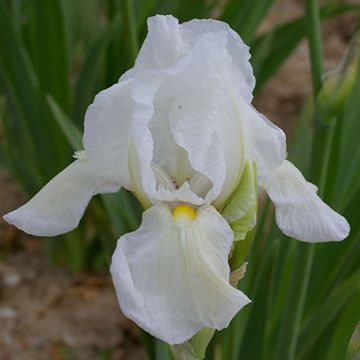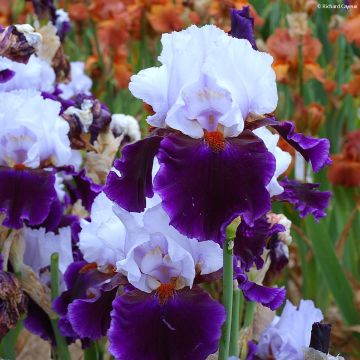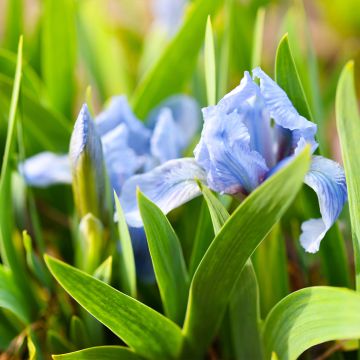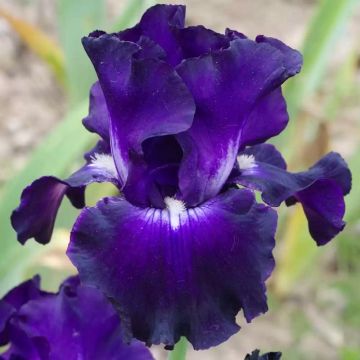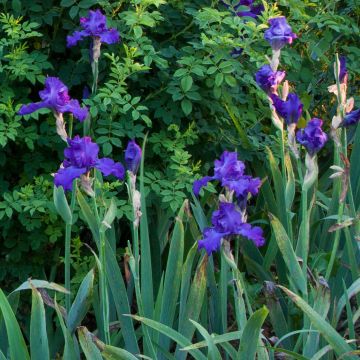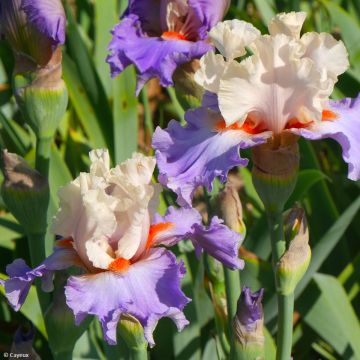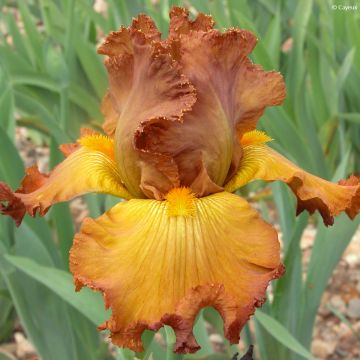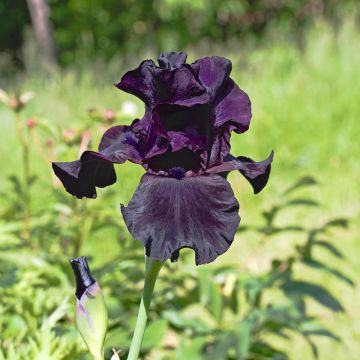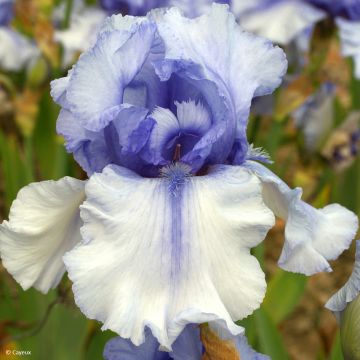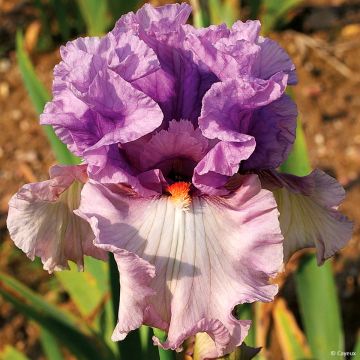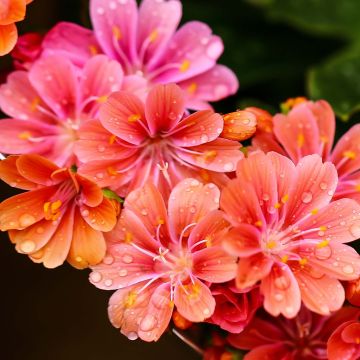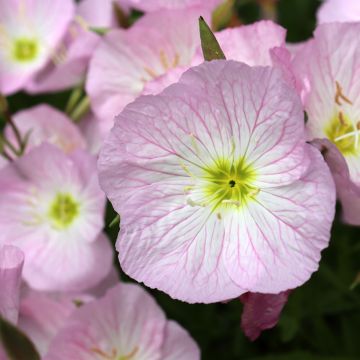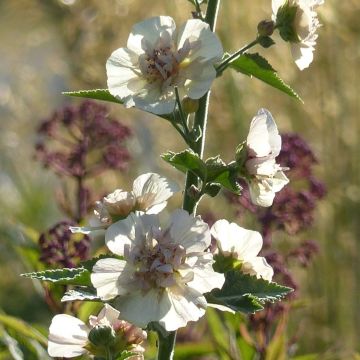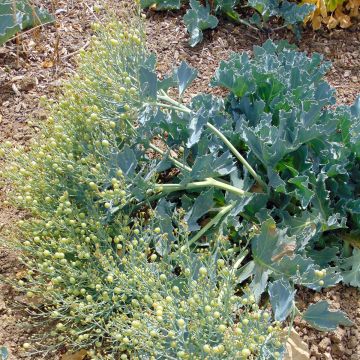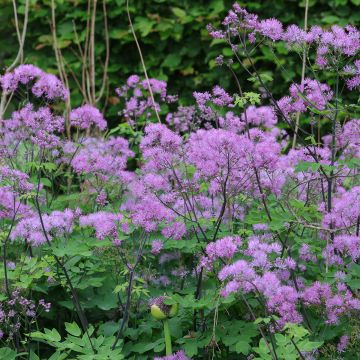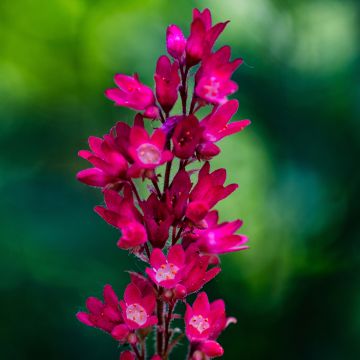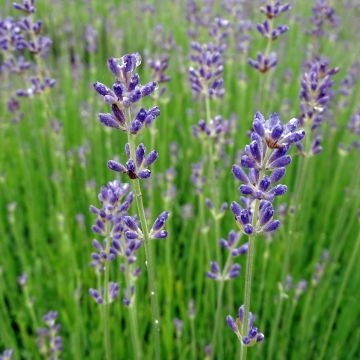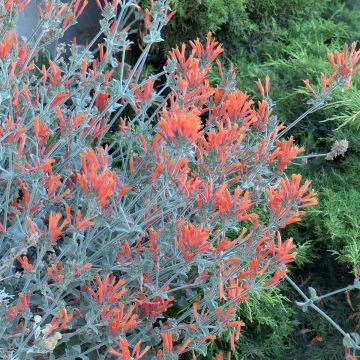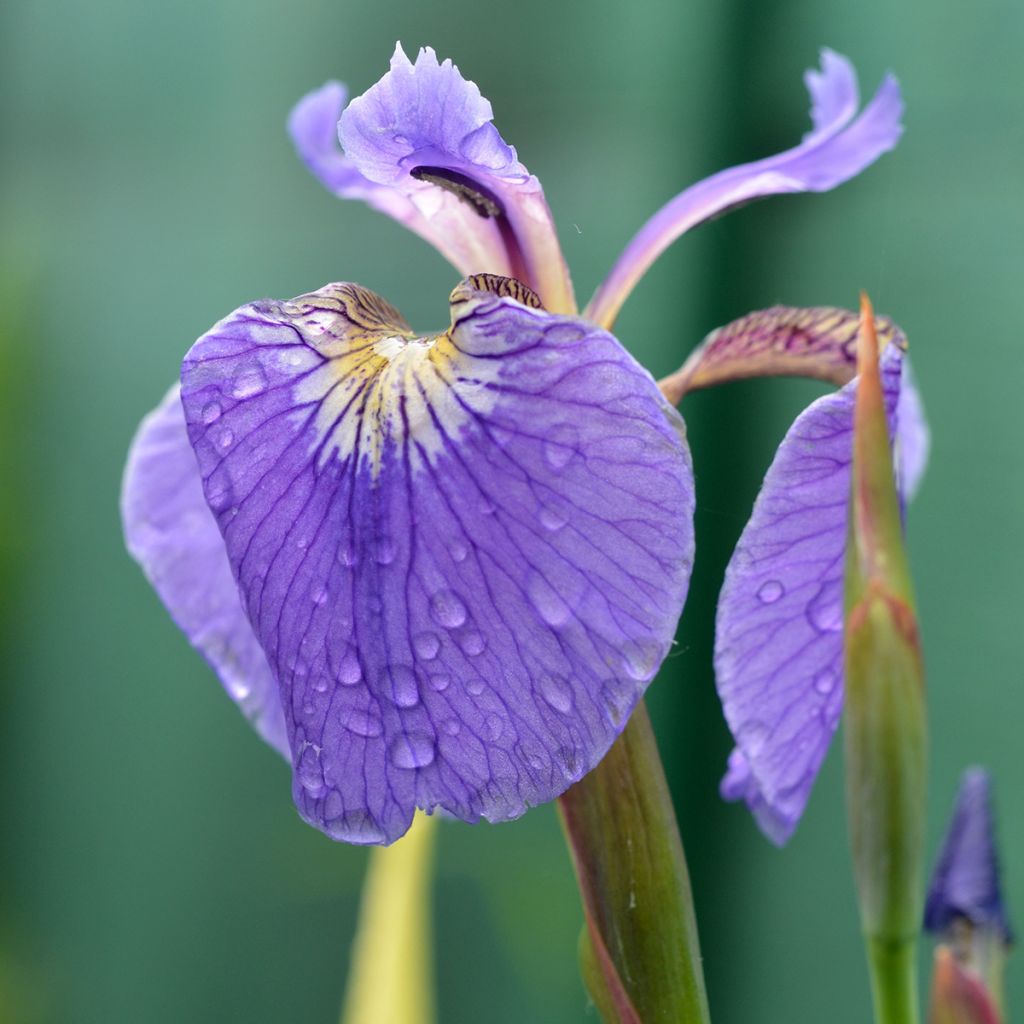

Iris setosa
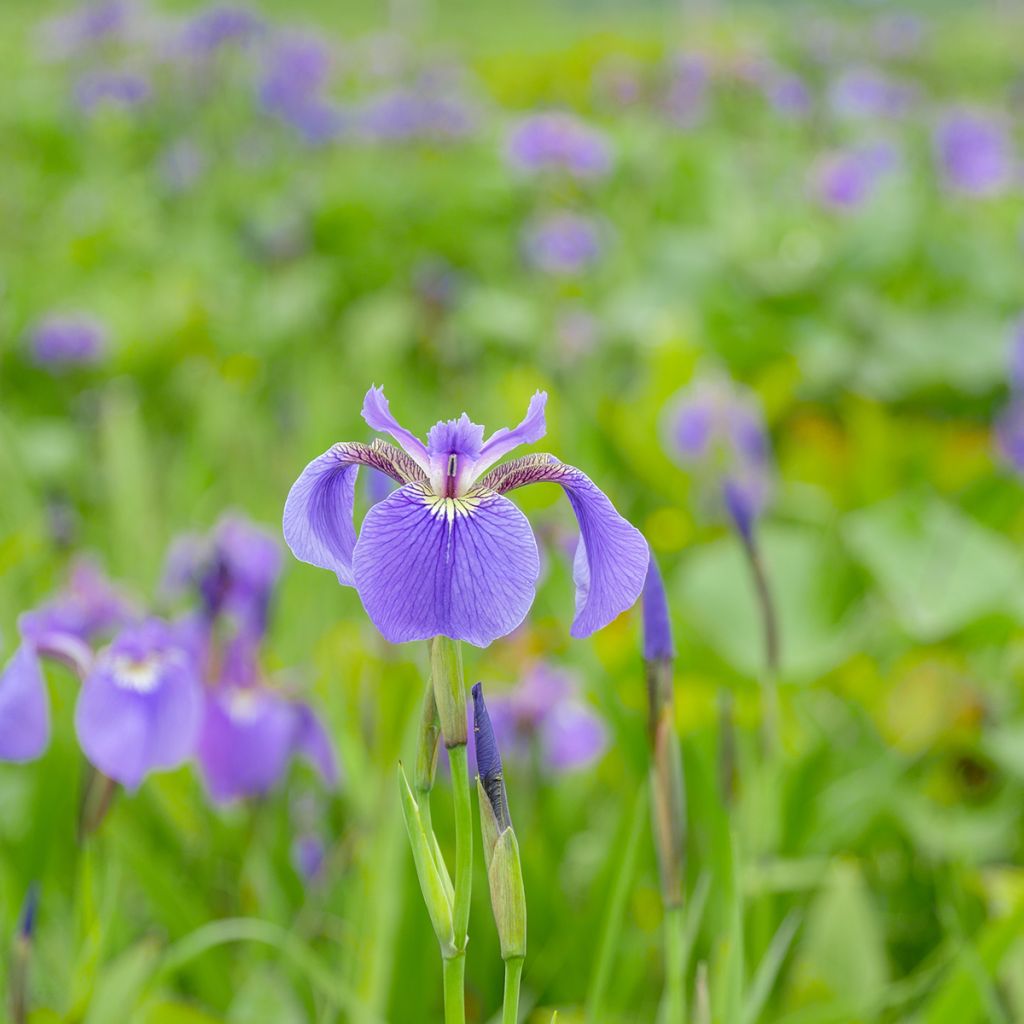

Iris setosa
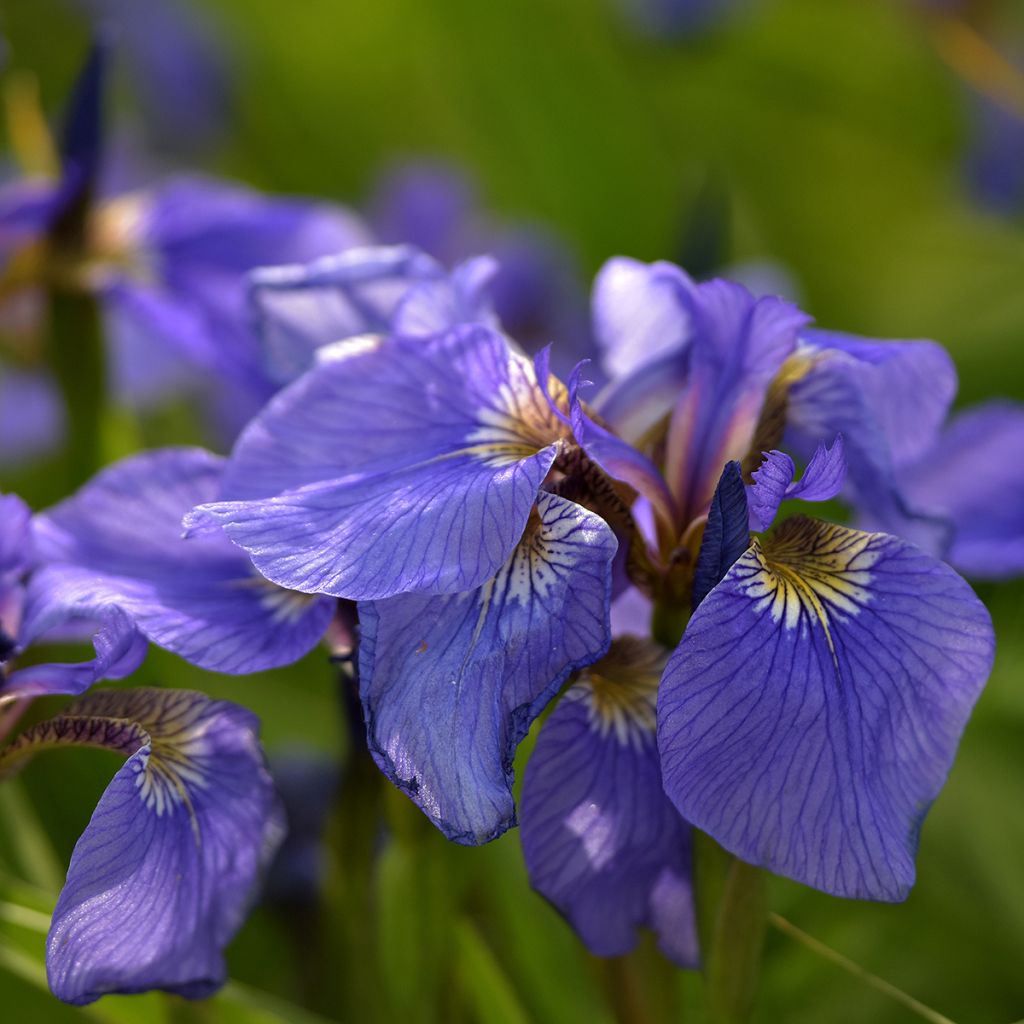

Iris setosa
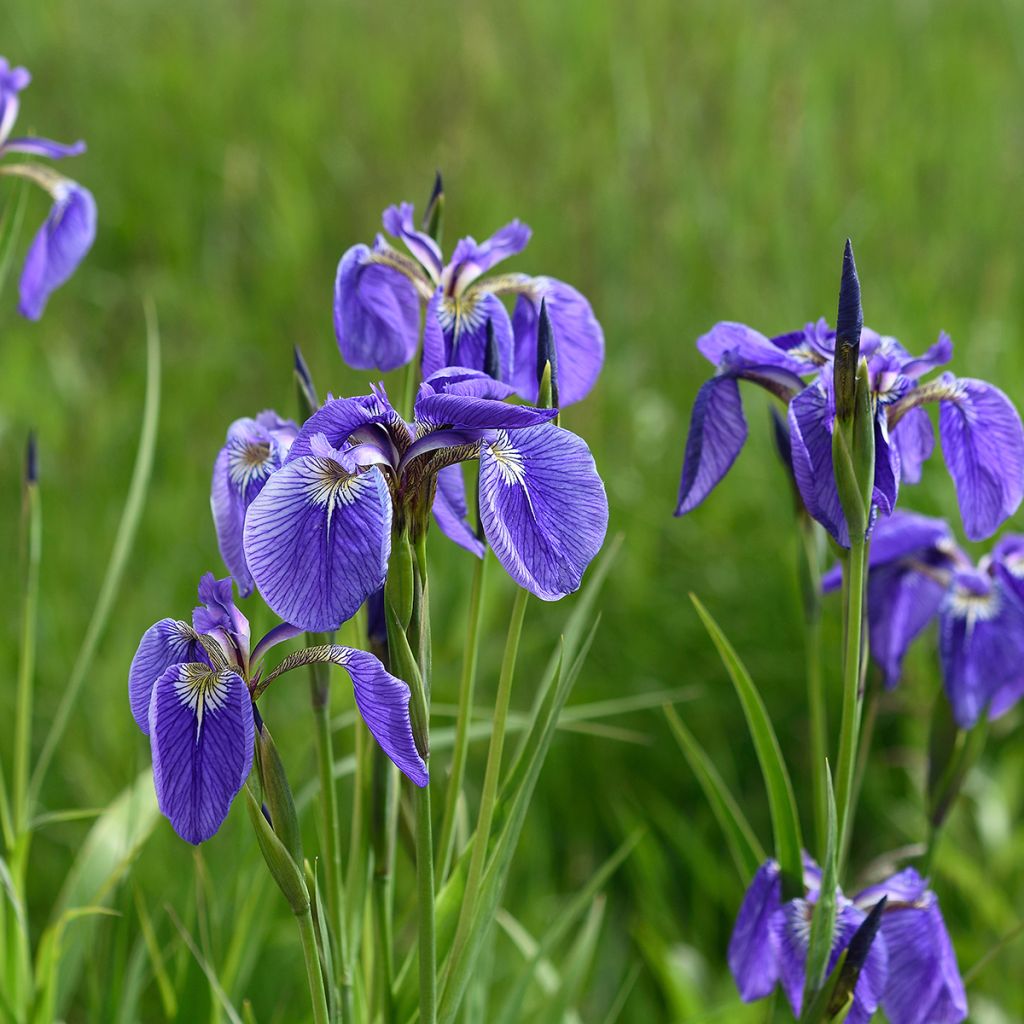

Iris setosa
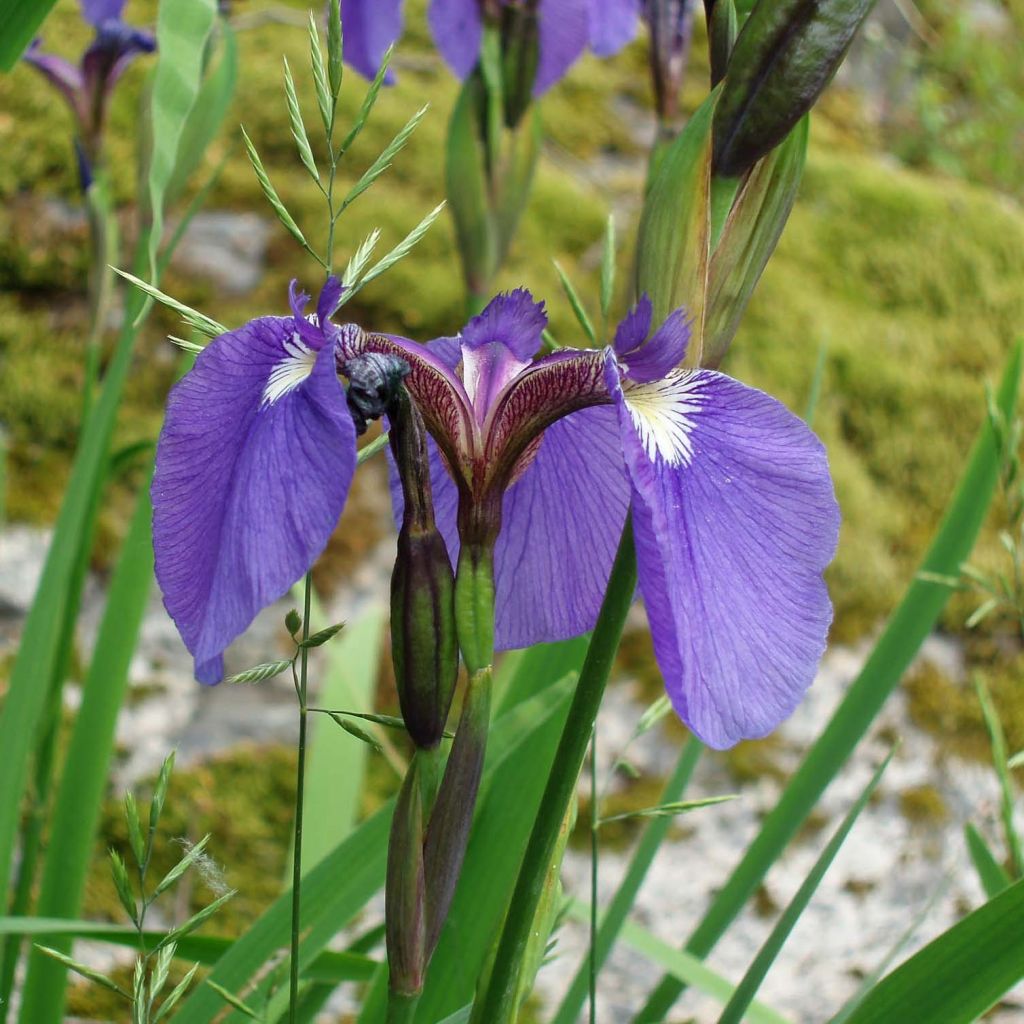

Iris setosa
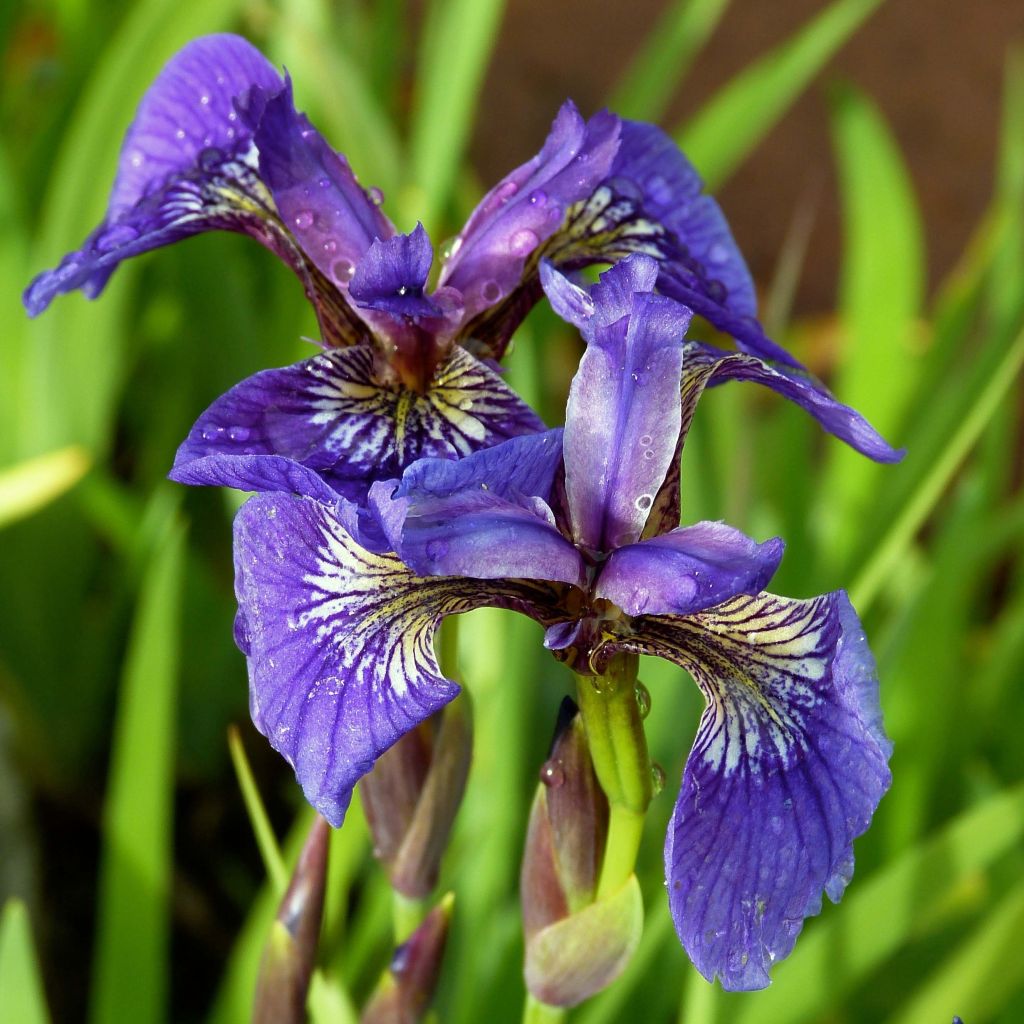

Iris setosa
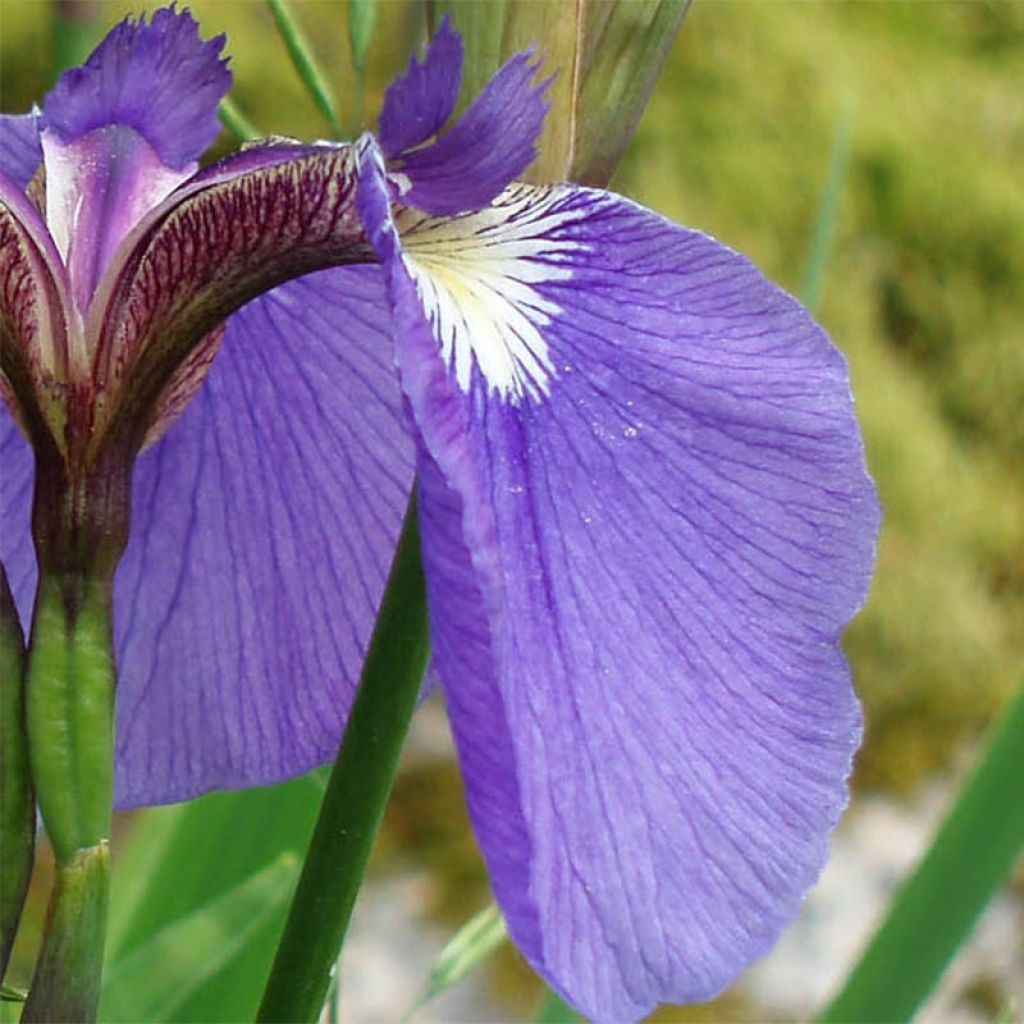

Iris setosa
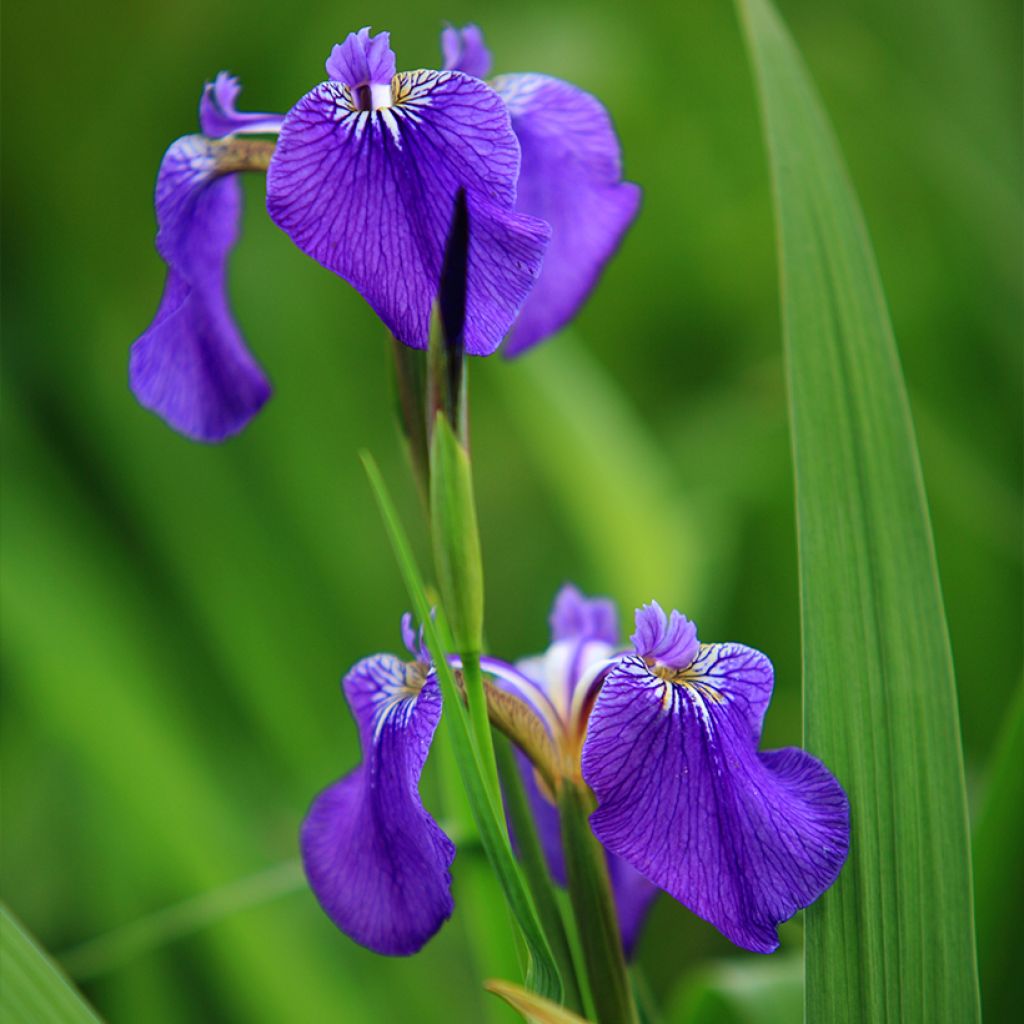

Iris setosa
Iris setosa
Iris setosa
Bristle-pointed Iris
no flowers in 2020
Josseline, 13/02/2021
Special offer!
Receive a €20 voucher for any order over €90 (excluding delivery costs, credit notes, and plastic-free options)!
1- Add your favorite plants to your cart.
2- Once you have reached €90, confirm your order (you can even choose the delivery date!).
3- As soon as your order is shipped, you will receive an email containing your voucher code, valid for 3 months (90 days).
Your voucher is unique and can only be used once, for any order with a minimum value of €20, excluding delivery costs.
Can be combined with other current offers, non-divisible and non-refundable.
Home or relay delivery (depending on size and destination)
Schedule delivery date,
and select date in basket
This plant carries a 12 months recovery warranty
More information
We guarantee the quality of our plants for a full growing cycle, and will replace at our expense any plant that fails to recover under normal climatic and planting conditions.

Would this plant suit my garden?
Set up your Plantfit profile →
Description
Iris setosa is a small wild iris that is found in very cold regions of the world. Braving the salty and icy winds of the Arctic, this small rhizomatous plant grows in dunes and anchors itself in rocks along watercourses, adapting to many wet or even drier habitats. In late spring, it blooms along the coasts of Alaska, northeastern Asia, Newfoundland, and Siberia, producing a multitude of small lavender-blue flowers streaked with white-silver in the throat. Bright and fresh, they perfectly match the clear skies of these regions. This charming perennial deserves to be discovered and planted in our sunny rockeries and borders. It is very robust, and only fears overly chalky and/or heavy and dry soils in summer. The Royal Horticultural Society has awarded it for its ornamental qualities and performance in the garden.
Iris setosa belongs to the Iridaceae family that is sometimes included in the group of Siberian Irises, sibiricae in Latin. It is a species closely related to I. ensata (from Japan), I. sanguinea (from Siberia), and I. versicolor, for example. Its distribution range includes the Aleutian Islands (Alaska), the state of Maine in the USA, Canada, Russia, and northern Asia, from China to Japan. It can be found in bogs and marshes, meadows, along rivers and streams, on rocky lake shores, on beaches, and dunes. This species tolerates sea spray as well as sandy and gravelly soils. It needs cold winters to flower well.
It is a perennial herbaceous plant with a long creeping rhizome that does not root much, and its above-ground vegetation dies in winter. Over time, depending on growing conditions, it forms clumps 15 to 30cm (6 to 12in) tall (for the foliage), spreading indefinitely through its rhizomes. The foliage consists of fine linear sword-shaped leaves, measuring between 30 to 60cm (12 to 24in) long and 1 to 2.5cm (1in) wide. The leaves are green with a violet base. Flowering takes place in June-July, depending on the climate. Flower stems of varying heights, between 10 to 80cm (4 to 32in), emerge from the foliage. Each stem, bearing one to three branches, carries 3 to 4 flowers (each plant bearing 6 to 13 flowers). Each flower, 5 to 7cm (2 to 3in) in diameter, consists of 3 beautiful narrow sepals that widen at the edges, 3 tiny upright petals reduced to bristles (hence the species name setosa, which means 'hairy' in Latin), and 3 pistils resembling small fringed petals. The dominant colour is a very bright blue-mauve, streaked with white and violet-blue in the throat. After pollination by insects, the flowers give way to fruits that are capsules containing seeds.
Siberian iris are wonderful plants for landscaping water features. However, this one is much more adaptable and will also thrive in a not too arid rockery, or in sunny borders. It always needs light soil. For example, combine it with small spring bulbs (botanical daffodils, tulips, Iris reticulata, grape hyacinths, Siberian squills), purple ornamental garlics, and poppies with bright colours, especially Iceland poppies.
Report an error about the product description
Iris setosa in pictures
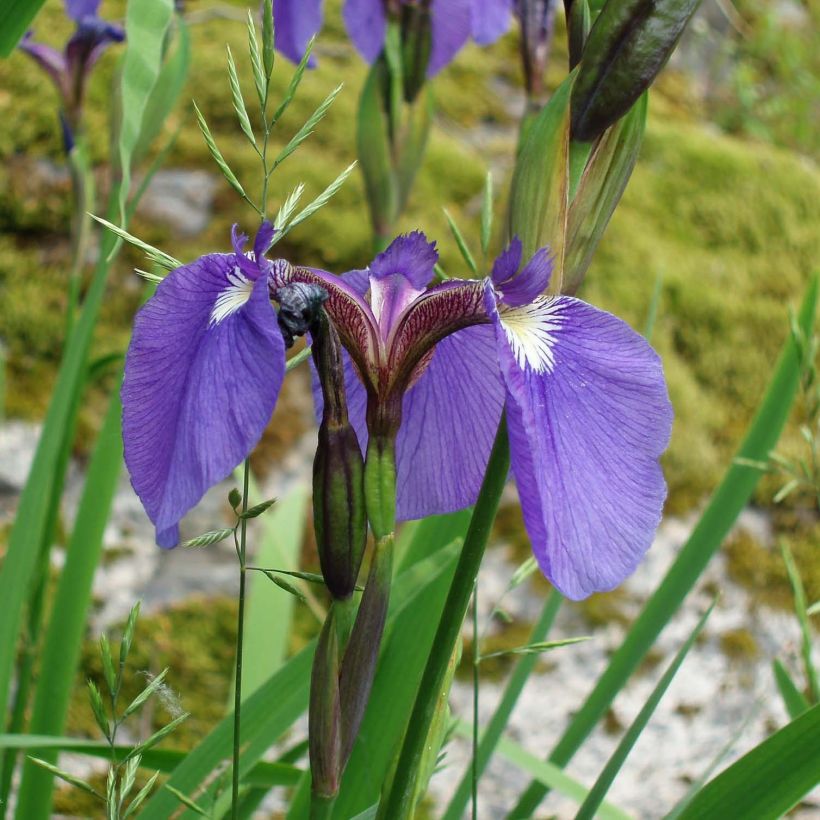

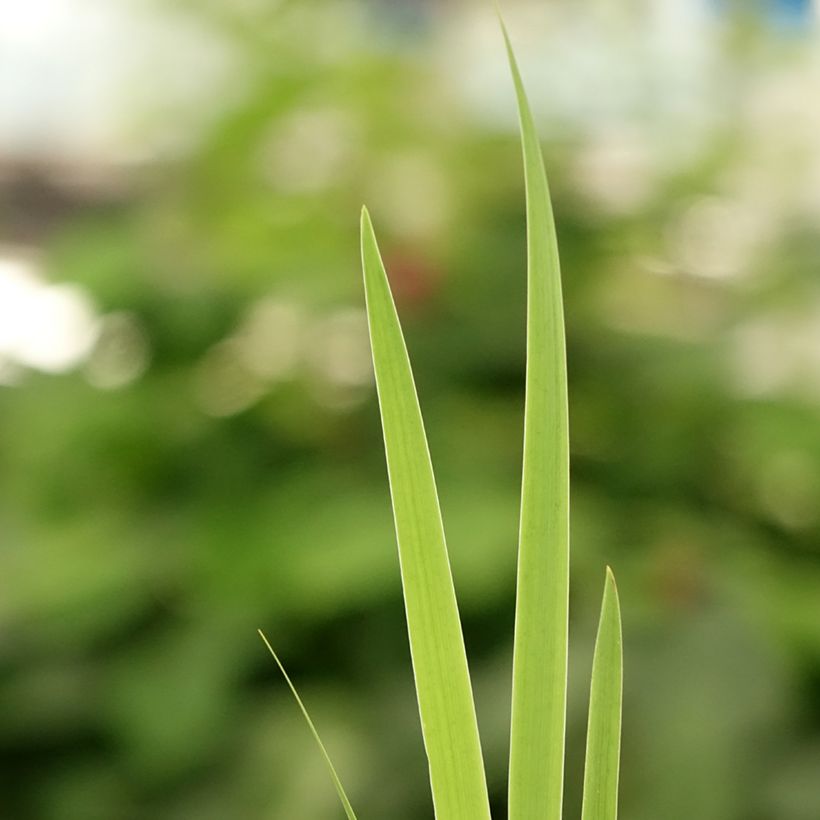



Flowering
Foliage
Plant habit
Botanical data
Iris
setosa
Iridaceae
Bristle-pointed Iris
North America
Other Iris A to Z
View all →Planting and care
Plant Iris setosa in preferably non-calcareous, moist but well-drained, light soil, in a sunny exposure. It prefers soils that remain moist rather than wet in summer, but it tolerates dry soils quite well if it is not planted in a too arid place. It is a plant of cold climates, which needs pronounced winters to flower well and dreads heatwaves. It tolerates coastal areas very well. It withers in soils that are both very heavy (clayey) and dry in summer.
Planting period
Intended location
Care
-
, onOrder confirmed
Reply from on Promesse de fleurs
Similar products
Haven't found what you were looking for?
Hardiness is the lowest winter temperature a plant can endure without suffering serious damage or even dying. However, hardiness is affected by location (a sheltered area, such as a patio), protection (winter cover) and soil type (hardiness is improved by well-drained soil).

Photo Sharing Terms & Conditions
In order to encourage gardeners to interact and share their experiences, Promesse de fleurs offers various media enabling content to be uploaded onto its Site - in particular via the ‘Photo sharing’ module.
The User agrees to refrain from:
- Posting any content that is illegal, prejudicial, insulting, racist, inciteful to hatred, revisionist, contrary to public decency, that infringes on privacy or on the privacy rights of third parties, in particular the publicity rights of persons and goods, intellectual property rights, or the right to privacy.
- Submitting content on behalf of a third party;
- Impersonate the identity of a third party and/or publish any personal information about a third party;
In general, the User undertakes to refrain from any unethical behaviour.
All Content (in particular text, comments, files, images, photos, videos, creative works, etc.), which may be subject to property or intellectual property rights, image or other private rights, shall remain the property of the User, subject to the limited rights granted by the terms of the licence granted by Promesse de fleurs as stated below. Users are at liberty to publish or not to publish such Content on the Site, notably via the ‘Photo Sharing’ facility, and accept that this Content shall be made public and freely accessible, notably on the Internet.
Users further acknowledge, undertake to have ,and guarantee that they hold all necessary rights and permissions to publish such material on the Site, in particular with regard to the legislation in force pertaining to any privacy, property, intellectual property, image, or contractual rights, or rights of any other nature. By publishing such Content on the Site, Users acknowledge accepting full liability as publishers of the Content within the meaning of the law, and grant Promesse de fleurs, free of charge, an inclusive, worldwide licence for the said Content for the entire duration of its publication, including all reproduction, representation, up/downloading, displaying, performing, transmission, and storage rights.
Users also grant permission for their name to be linked to the Content and accept that this link may not always be made available.
By engaging in posting material, Users consent to their Content becoming automatically accessible on the Internet, in particular on other sites and/or blogs and/or web pages of the Promesse de fleurs site, including in particular social pages and the Promesse de fleurs catalogue.
Users may secure the removal of entrusted content free of charge by issuing a simple request via our contact form.
The flowering period indicated on our website applies to countries and regions located in USDA zone 8 (France, the United Kingdom, Ireland, the Netherlands, etc.)
It will vary according to where you live:
- In zones 9 to 10 (Italy, Spain, Greece, etc.), flowering will occur about 2 to 4 weeks earlier.
- In zones 6 to 7 (Germany, Poland, Slovenia, and lower mountainous regions), flowering will be delayed by 2 to 3 weeks.
- In zone 5 (Central Europe, Scandinavia), blooming will be delayed by 3 to 5 weeks.
In temperate climates, pruning of spring-flowering shrubs (forsythia, spireas, etc.) should be done just after flowering.
Pruning of summer-flowering shrubs (Indian Lilac, Perovskia, etc.) can be done in winter or spring.
In cold regions as well as with frost-sensitive plants, avoid pruning too early when severe frosts may still occur.
The planting period indicated on our website applies to countries and regions located in USDA zone 8 (France, United Kingdom, Ireland, Netherlands).
It will vary according to where you live:
- In Mediterranean zones (Marseille, Madrid, Milan, etc.), autumn and winter are the best planting periods.
- In continental zones (Strasbourg, Munich, Vienna, etc.), delay planting by 2 to 3 weeks in spring and bring it forward by 2 to 4 weeks in autumn.
- In mountainous regions (the Alps, Pyrenees, Carpathians, etc.), it is best to plant in late spring (May-June) or late summer (August-September).
The harvesting period indicated on our website applies to countries and regions in USDA zone 8 (France, England, Ireland, the Netherlands).
In colder areas (Scandinavia, Poland, Austria...) fruit and vegetable harvests are likely to be delayed by 3-4 weeks.
In warmer areas (Italy, Spain, Greece, etc.), harvesting will probably take place earlier, depending on weather conditions.
The sowing periods indicated on our website apply to countries and regions within USDA Zone 8 (France, UK, Ireland, Netherlands).
In colder areas (Scandinavia, Poland, Austria...), delay any outdoor sowing by 3-4 weeks, or sow under glass.
In warmer climes (Italy, Spain, Greece, etc.), bring outdoor sowing forward by a few weeks.






























